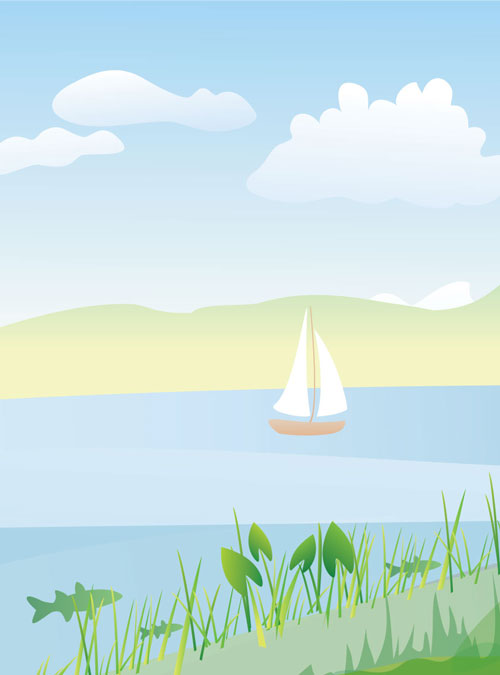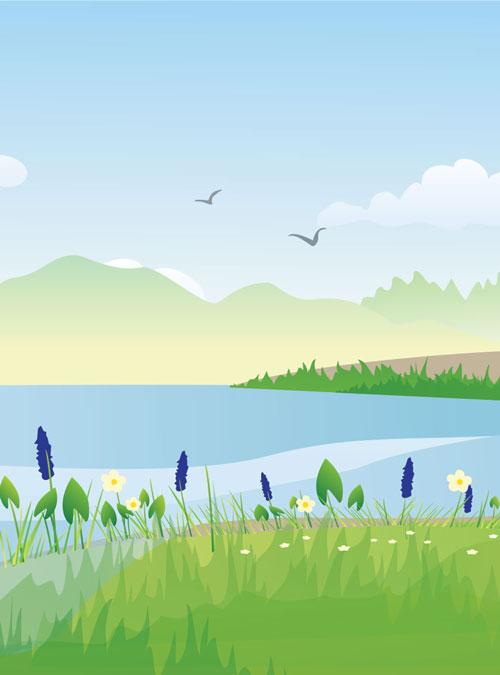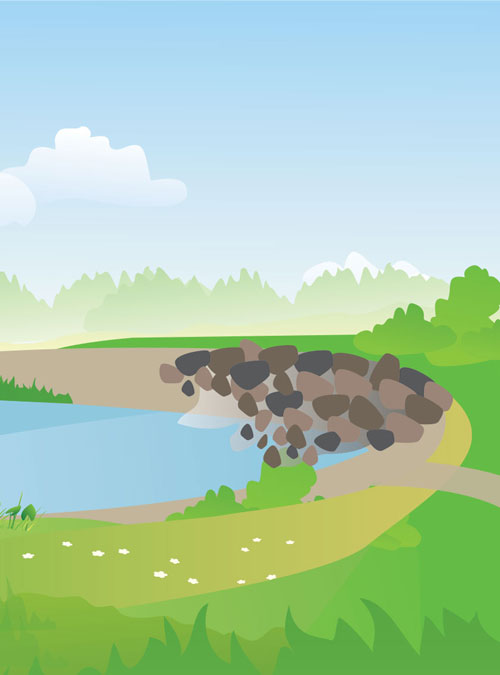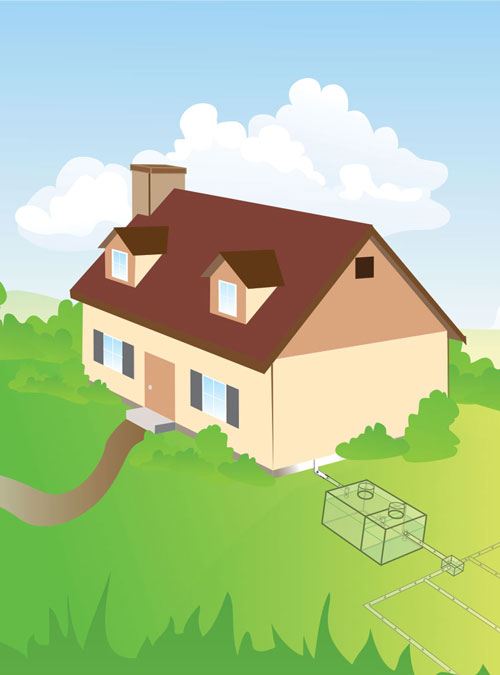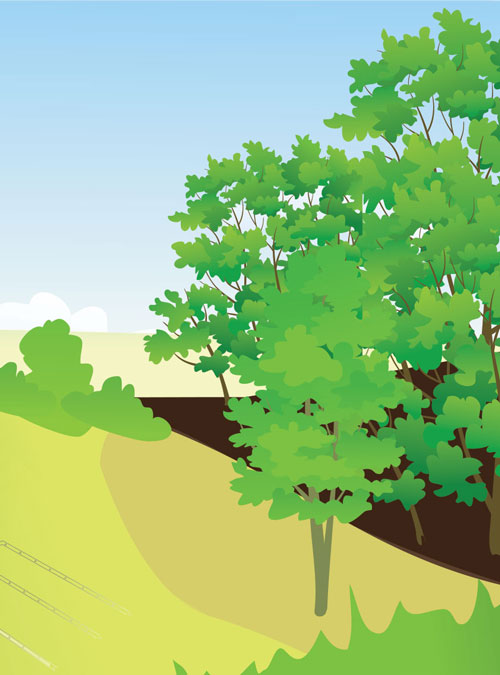Erosion/Runoff
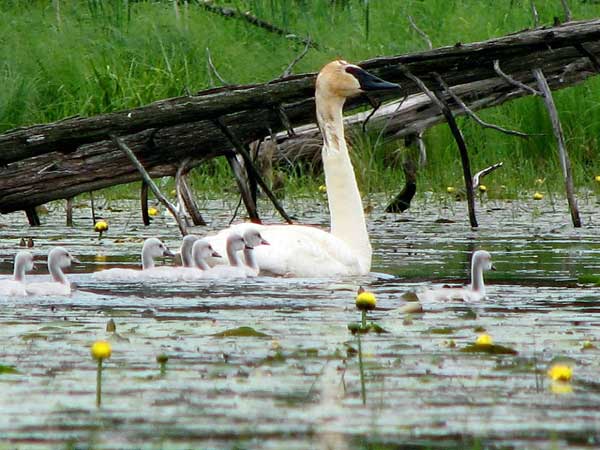 Snow melt or rainwater that does not soak into the ground and instead runs off impervious surfaces (hard surfaces such as roofs, driveways, sidewalks, and compacted soils) or washes off lawns and steep slopes is called runoff. It is also referred to as stormwater. When runoff reaches the lake it can carry with it nutrients, eroded soil sediments, toxic materials, bacteria, and other pollutants that can do harm to water quality and fish and wildlife. Reducing runoff decreases the pollutants that can eventually reach your lake.
Snow melt or rainwater that does not soak into the ground and instead runs off impervious surfaces (hard surfaces such as roofs, driveways, sidewalks, and compacted soils) or washes off lawns and steep slopes is called runoff. It is also referred to as stormwater. When runoff reaches the lake it can carry with it nutrients, eroded soil sediments, toxic materials, bacteria, and other pollutants that can do harm to water quality and fish and wildlife. Reducing runoff decreases the pollutants that can eventually reach your lake.
Managing stormwater and snowmelt on your property so that it soaks into the ground, rather than running off, is the best way to reduce runoff and filter out pollutants before they reach the lake. Impervious surfaces do not allow the absorption of water. Any green space, including gardens, trees, shrubs, or landscaping allows water to infiltrate slowly down into the soil. A natural shoreline will filter out runoff pollutants before they get into the water.
Help your lake stay healthy and your property maintain its value. Learn more from the links below.
Minimizing Runoff from Your Shoreland
Shoreland Best Management Practices
Impervious Surfaces and Your Lake
Water's Edge - Helping Wildlife on Your Lakeshore Property
Understanding Erosion, Ice Ridges & Site Challenges
Stabilizing your Shore with Riprap
Native Plants to Reduce Erosion & Runoff
Itasca County Shoreland Guide to Lake Stewardship



